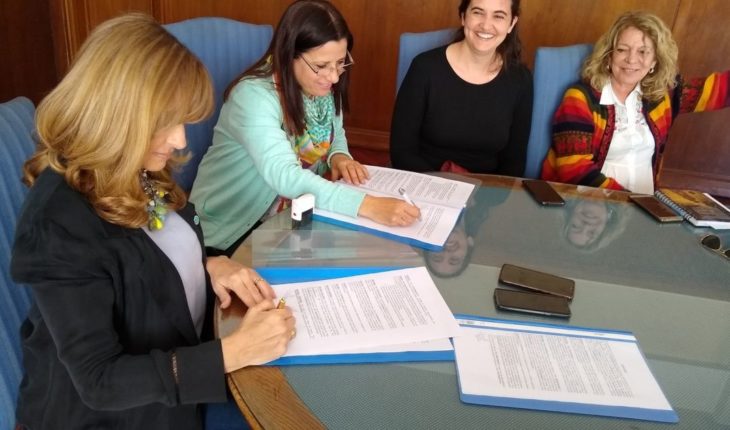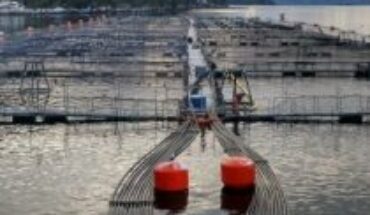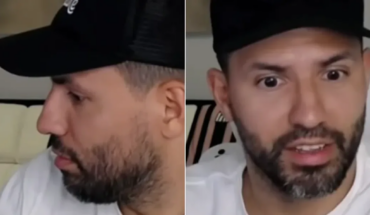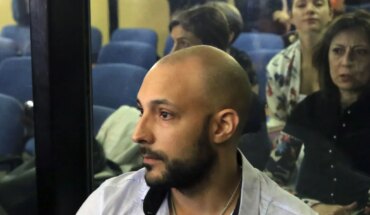The Ministry of Health, Social Development and Sports signed an agreement with the civil society organization Cable a Tierra to work with men who exercised violence against women. Thus, the Government complies with Provincial Law 8932, which establishes the Aggressor Boarding Centres Programme in the framework of the fight against gender-based violence. The cable a Tierra organization will offer a space for reflection, group and individual work and professionalized assistance to men who recognize that they exercise violence against women. The idea is that, in their family ties, they abandon these behaviors, which will result in protection for women and their children. “This new step we have taken is very important because we do so thinking that we must work on the deconstruction of the patriarchal model that has done so much harm to women,” Minister Elisabeth stressed Crescitelli.La task will be to re-educate men with a gender perspective, which will allow them to reflect on the cultural patterns that support violence against women. In this way, they will be able to identify the different ways in which they engage in violence, modify and eliminate attitudes, and irrational beliefs that justify it. This treatment also seeks to eliminate aggressive or violent behavioral patterns. For this, men will have to take responsibility, develop empathy and internalize alternative behaviors to the use of violence. It is also inthe aim that they learn to live equally with their families, which means that they identify the tension and friction that arise from everyday situations that can lead to response with violence. They need to identify how violence impacts women, children, the community and themselves. Diana Calderón, president of Cable a Tierra, said violence against women is a public health and human rights issue. “While the program is focused on working with the male who exercises violence, the ultimate goal is always the protection of women and children.” The treatment will have four stages: initial evaluation (8 interviews), development of the first phase of the program (4 months), development of the second phase of the program (4 months), maintenance stage (4 months) and follow-up stage (6 months). The program is also open to men who have problematic use of lawful or illicit drugs who want to rehabilitate themselves in a comprehensive and simultaneous way. The Agreement provides that those who are charged for a crime, or have mental health disorders that require psychiatric medical compensation or stabilization and do not wish to enter treatment for such a program, may not enter treatment. or men with severe mental disorder. Alejandro Verón, Undersecretary of Social Development; Silvina Anfuso, Director of Gender and Diversity and Rosana Dottori, Director of Institutional Liaison of the Attorney General’s Attorney of the Judiciary.In this note:
translated from Spanish: Gender-based violence: signed an agreement to re-educate assailants
September 2, 2019 |





